
A380: Who’s in, Who’s out, and who’s sitting on the fence?
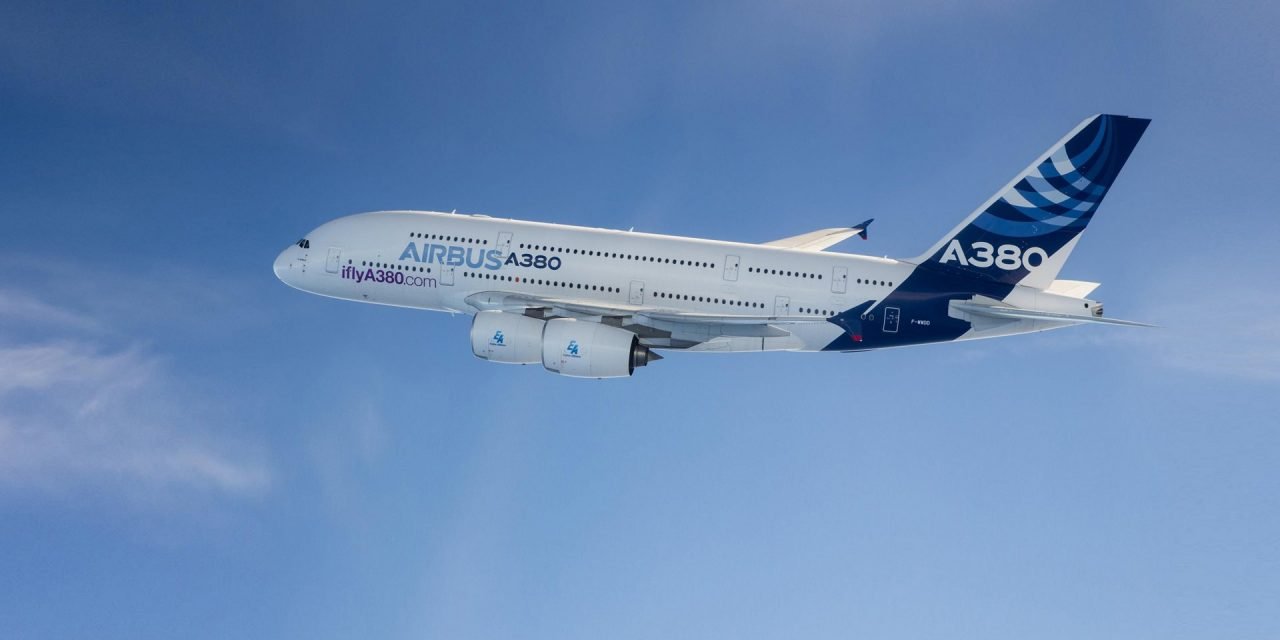
The demise of the A380 in the light of the pandemic might have been overstated, even by me – a lover of the aircraft and flight experience. At the beginning of the pandemic, nearly every one of them went into mothballs, with some airlines saying they would never return to the sky. As international flying returns with the force of a ‘fire hose’, according to one airline chief, some airlines are reconsidering their options. See below for who is continuing with the aircraft, who is not, and who is waiting to see how things pan out.
The airlines that are retaining them are largely seeing them as transition aircraft if the demand for seats rapidly expands during 2022 and beyond. The transition will be towards the larger models of A350 and B787 which run more efficiently, expel less carbon, and can be used point-to-point rather than hub-to-hub.
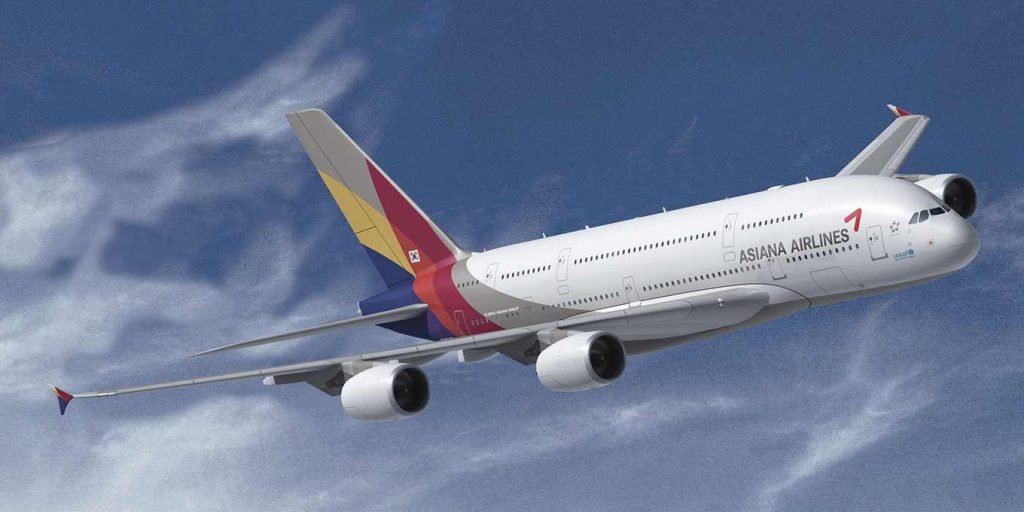
Content of this Post:
Airlines where A380’s are OUT
These airlines have either sold, sent to scrap, abandoned, or put in deep storage their A380’s with no current plans to put them back in the air. The bracketed figure shows the number the airline ordered and were delivered: Air France (10), Lufthansa (14 down to 6 in storage), Malaysia Airlines (6), and Thai Airways (6) have all grounded their A380’s for good.
Airlines where the A380 is IN
The following airlines are still flying or have indicated plans to put their A380’s back in the air in the next 12 or so months. Where known, I have indicated their intended reduction in fleet: Emirates (123), British Airways (12), Singapore Airlines (24 down to 16?), Qatar Airways (10 down to 5), Korean Air (10), and China Southern Airlines (5), with airlines like Qantas (12 down to 10) planning to resume A380 flights in 2022 with all remaining planes back in the air by 2023.
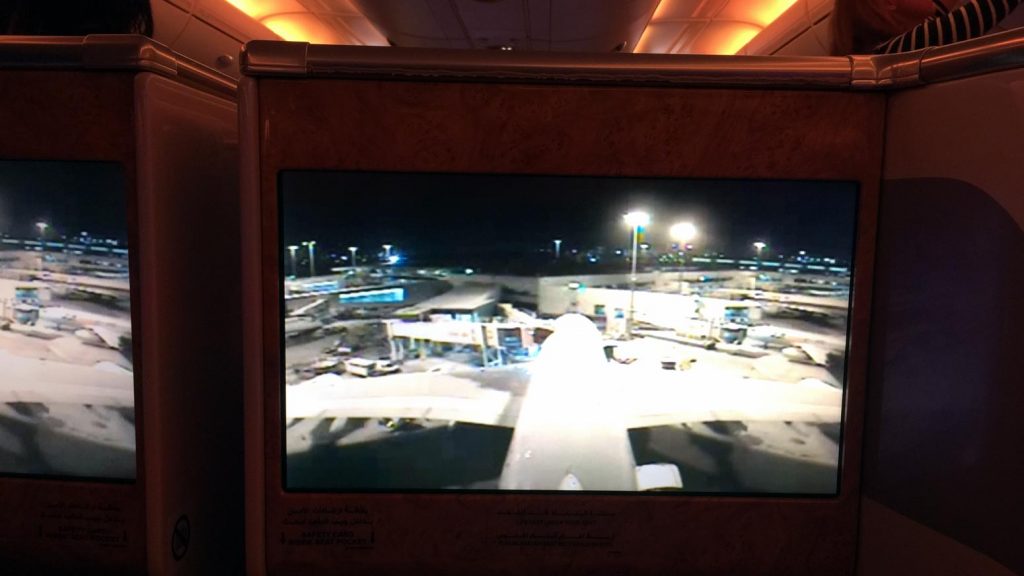
Airlines sitting on the fence
We know that Etihad (10) with its unique ‘The Residence’ is sitting on the fence currently, but has not written off using the aircraft to meet passenger demand. Korean Air announced in August that they would be retiring their A380’s by 2026. They will also inherit whatever remains of the Asiana fleet of 6 aircraft when the airlines merge. ANA only took delivery of its 3rd A380 in October 2021. In August 2021, it was reported that one of the stored planes might be used on Japan to Hawai routes, but other than that, we don’t know the plans for these aircraft.
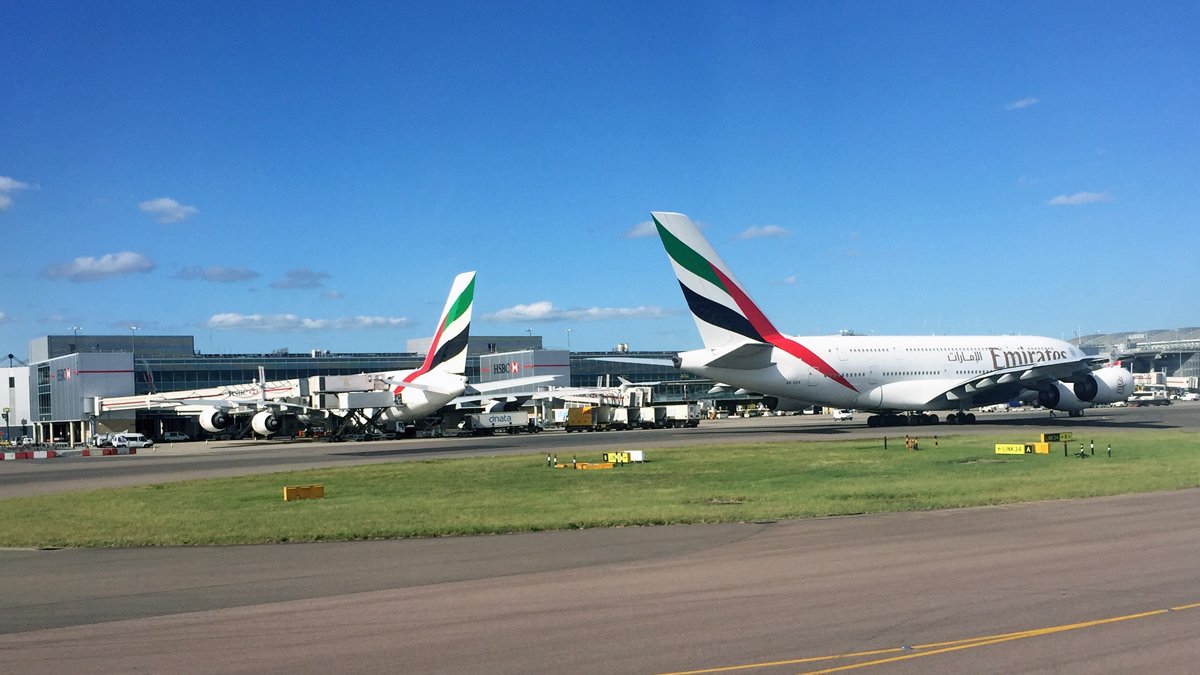
2PAXfly Takeout
This is another timely reminder to wear your seatbelt when seated. Holding you close to your seat will protect you from the sort of injuries sustained on this flight, when unsecured passengers flew to the ceiling of the aircraft, and then came crashing down once the ‘drop’ ceased.
The hope will be that this is an anomaly – a ‘freak accident’ in casual parlance. If it is a systemic error either mechanical or electronic, then this is a larger concern for the airlines that fly Boeing Dreamliner 787 aircraft. Let’s hope it isn’t. If it is, it will pile on the woes to Boeing’s existing stack.
The A380 is going to occupy a special place in aircraft history. It really bet on a shortage of landing slots at major airports and a hub-to-hub model to make its four-engine, large passenger capacity worthwhile. It also had the misfortune to be designed and built just before the revolution of lighter weight, greater pressure carrying carbon-fibre fuselages. The economy of flying these four-engined behemoths was being questioned before the onset of the pandemic, but COVID-19 really took them out of most skies.
I love these planes. I love the space, the double decks, and the onboard bars and other amenities they offer. I haven’t used an Emirates first class shower, or travelled in The Residence. In fact, I have only travelled on 4 airlines A380’s all in Business: Qatar, Qantas, Singapore Airlines, and Malaysian Airlines planes – and loved every minute of it.
I hope they stay in the sky for another decade, but that might be a little too optimistic.





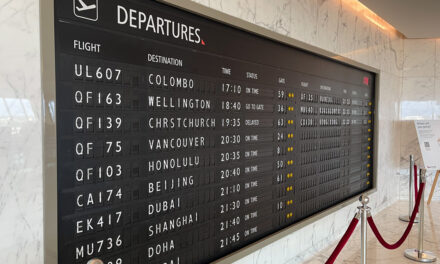


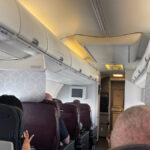








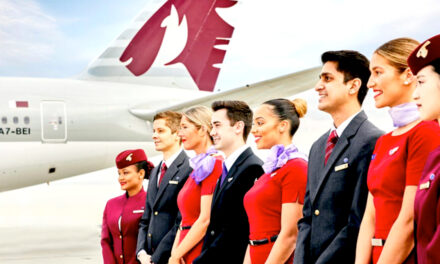




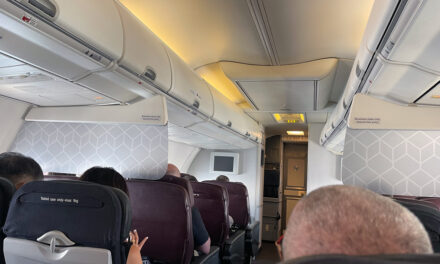











What did you say?